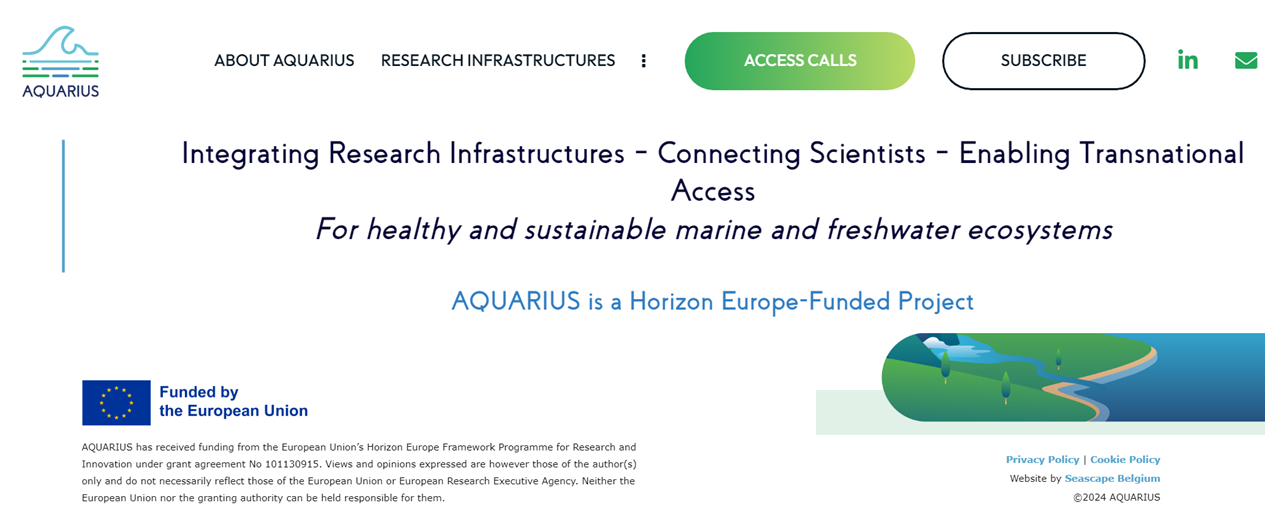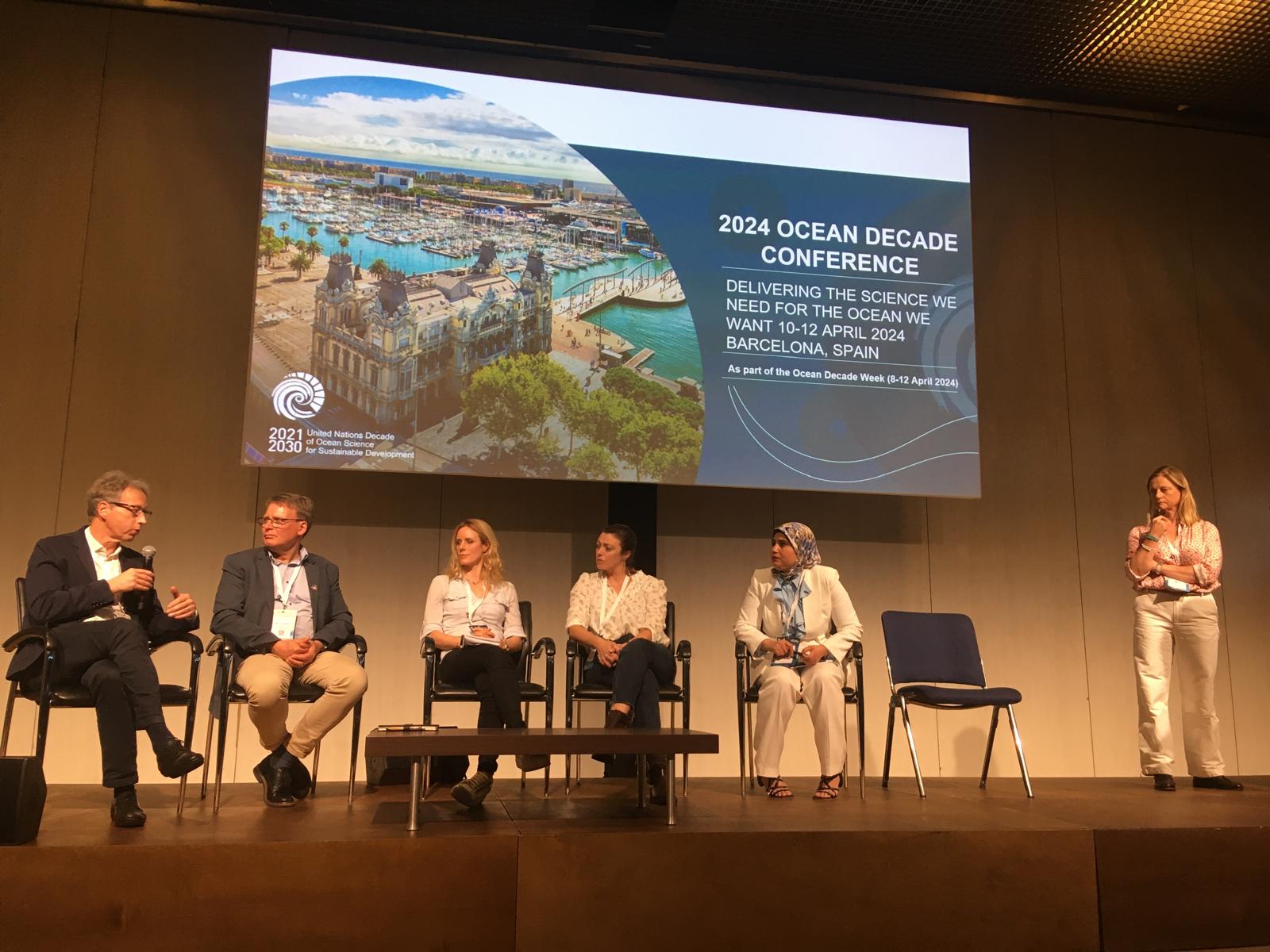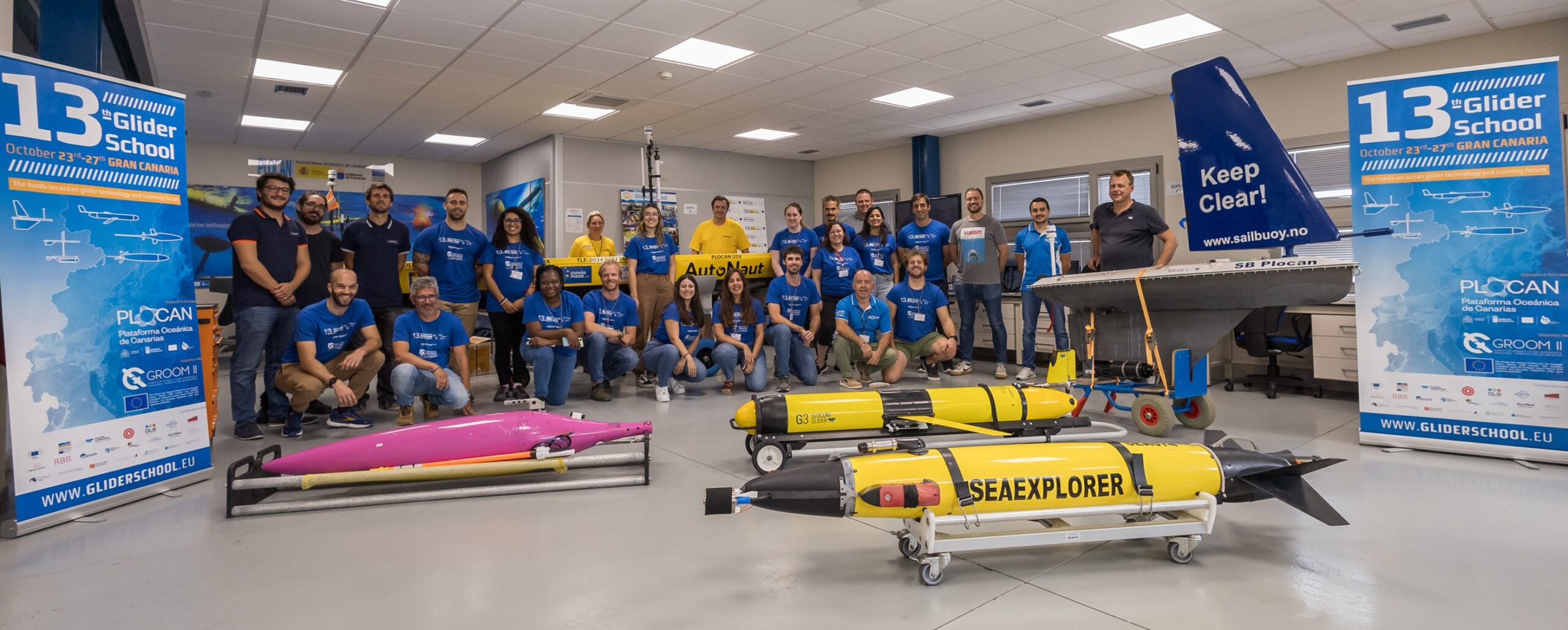Nakita Câmara, researcher of the Plataforma Oceánica de Canarias, presented a poster on stress cardiomyopathy in cetaceans at the first European Association of Zoos and Aquaria (EAZA) Animal Welfare Forum, organized by the EAZA and hosted by the Apenheul Primate Park in the Netherlands.
Nakita Câmara participates in the Catalina Ruiz 2021 Postdoctoral Research Training Grant Program, funded by the Government of the Canary Islands, which aims to promote the mobility of doctoral researchers to carry out research activities in universities or I+D centers of international excellence for the acquisition of new knowledge and its subsequent incorporation into public institutions in the Canary Islands.
Within the framework of this program, the researcher, who carries out part of her research at Loro Parque Fundación, together with the University Institute of Animal Health and Food Safety (IUSA) of the University of Las Palmas de Gran Canaria (ULPGC), attends this forum, where up to 200 representatives of zoos and aquariums, welfare organizations and academic institutions meet for three days of workshops, presentations and other activities, debating and highlighting an evidence-based approach and bridging the gap between research and the application of new methods for improving the overall health status and welfare of animals in captivity.
At this Forum, Nakita presented a poster entitled “Stress cardiomyopathy: an important component in capture myopathy syndrome in live stranded cetaceans”, focusing on the research developed during her doctoral thesis.

In her PhD study, she concluded that cetaceans that die due to different pathologies, such as active stranding, ship strikes or bycatch, and that have stress as an important component in these causes of death, present histological lesions compatible with those observed in humans with stress cardiomyopathy.
In addition, Nakita Câmara points out the existence of a correlation between the biochemical values obtained and the histological lesions identified in live stranded cetaceans, having been established the first reference range for cardiac troponin for cetaceans in the scientific literature.
This knowledge, the researcher emphasizes, helps to find applicable solutions to specific clinical cases, using health as a tool for the conservation of cetaceans in the sea.



